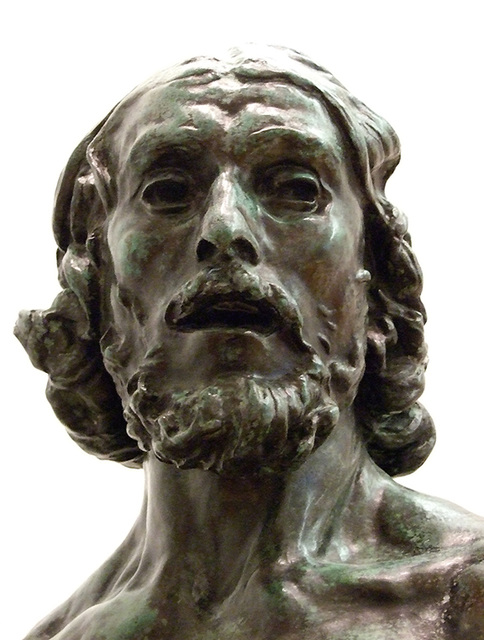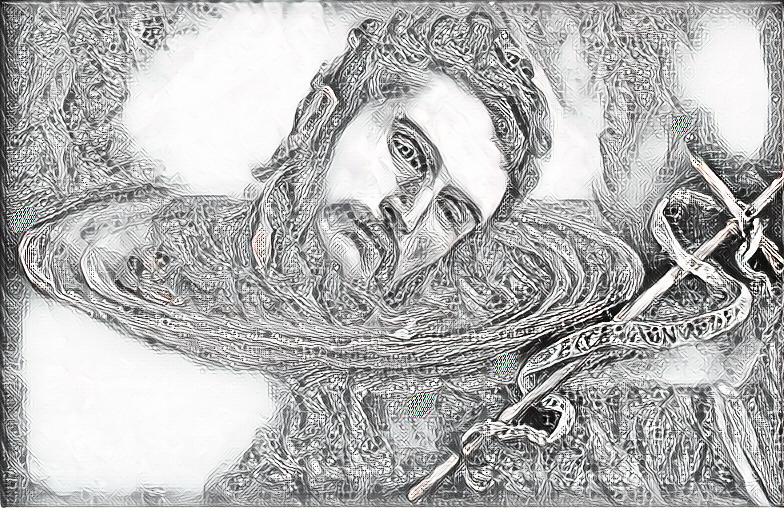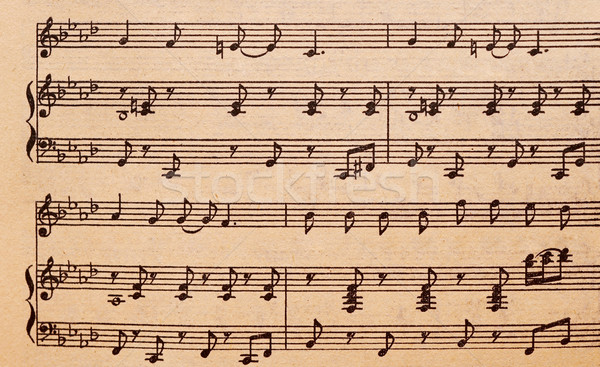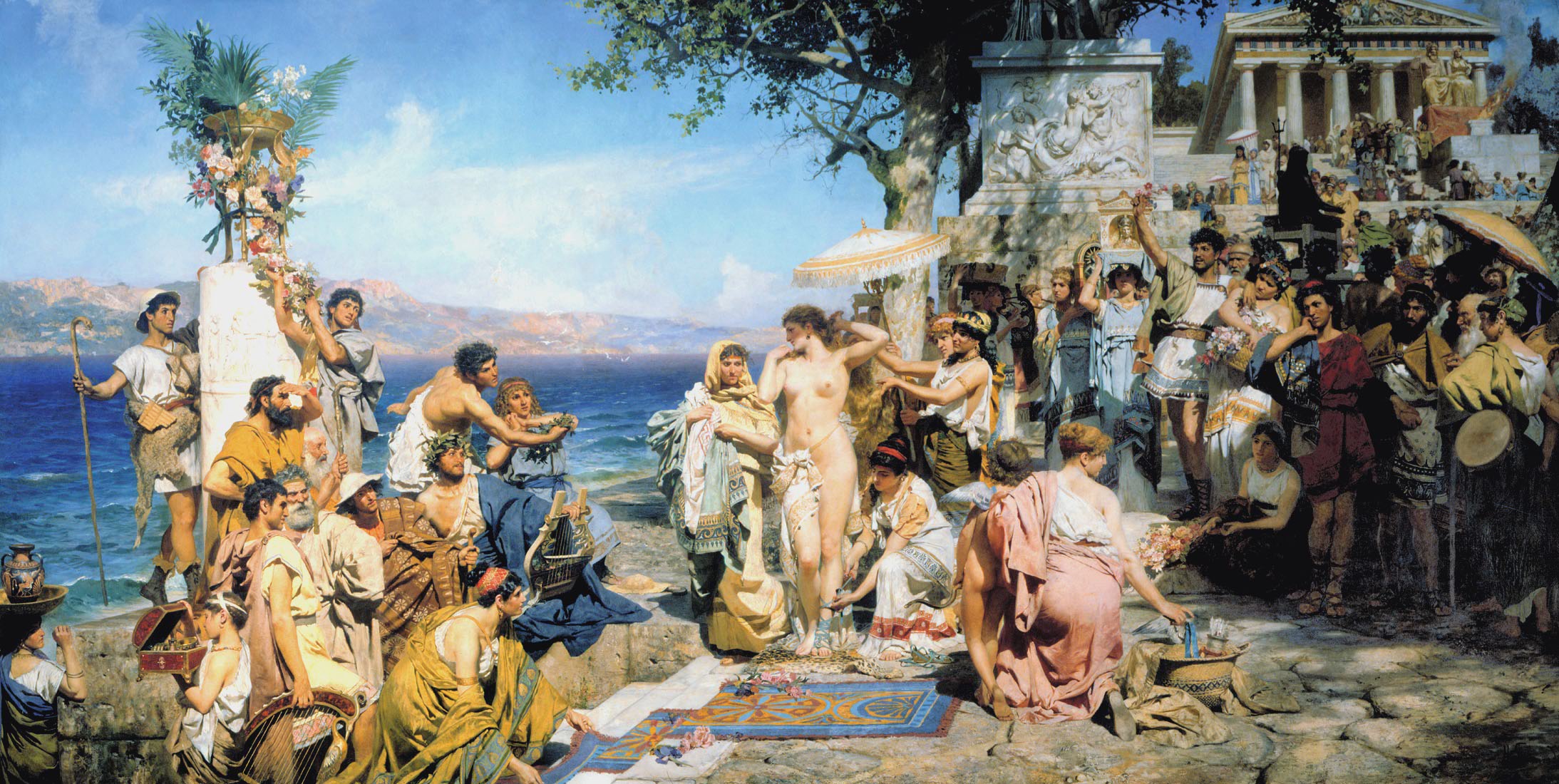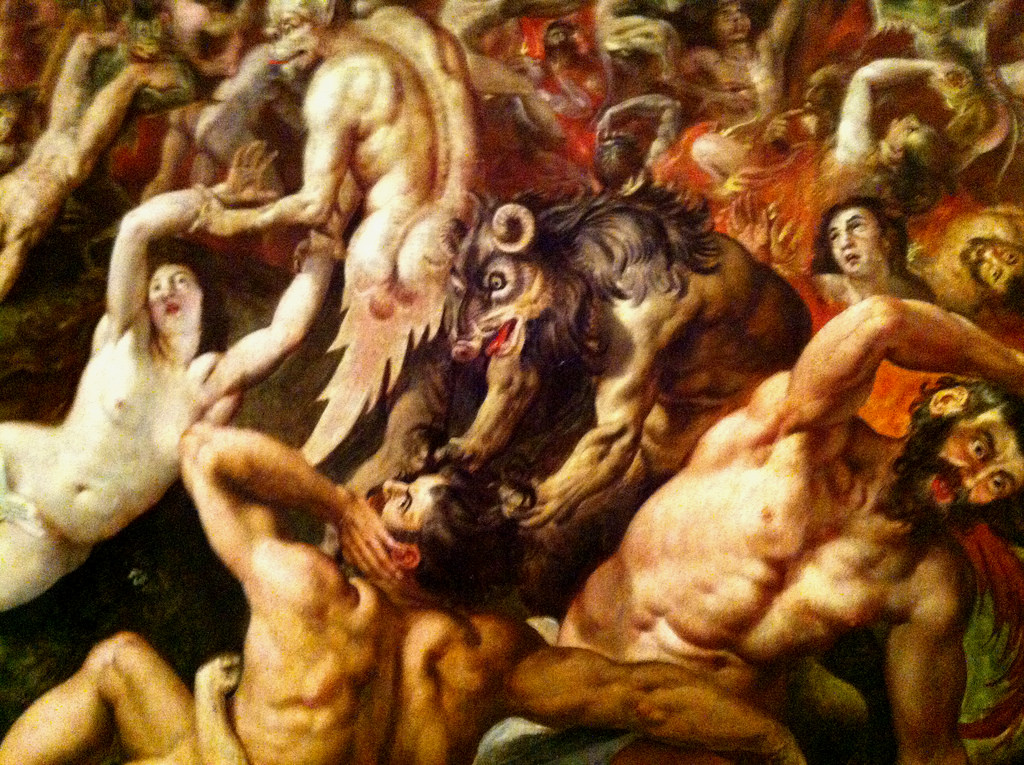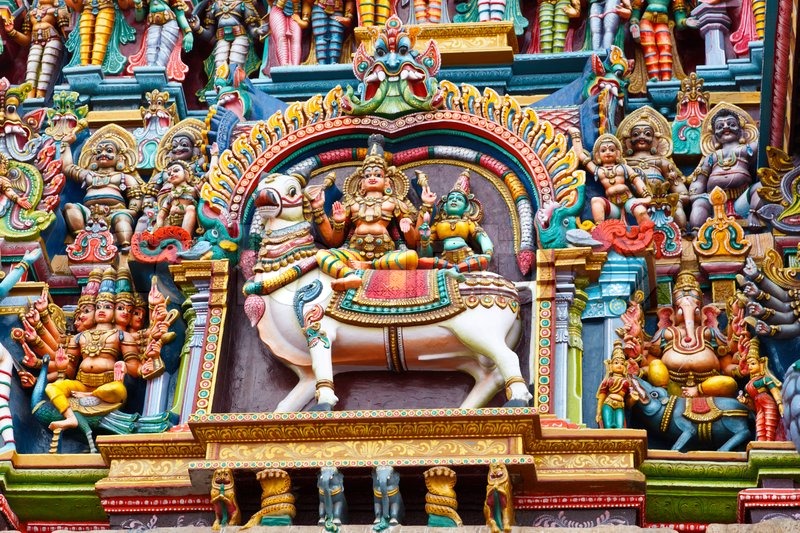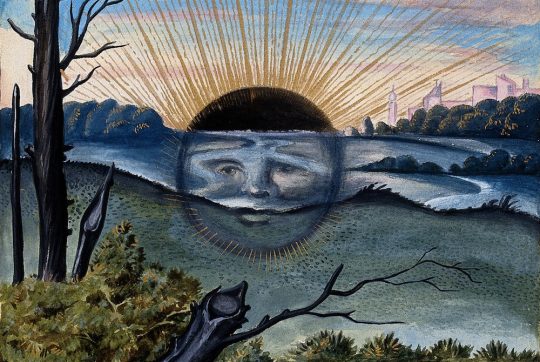The following is the second part in a two-part installment. The first part can be found here. A Kearnian Reading of the Lukan John In Kearnian terms, then, the John portrayed by Luke is one who has a special, though not as paradigmatically unique as Jesus’, openness of persona to the God of possibility. Might […]
Author: editors_religioustheory
John the Possibilizer: The Promise of a Kearnian Baptismal Hermeneutic, Part I (Eric Trozzo)
The following is the first installment of a two-part series. The wild hair, the scratchy clothing, the grit and body odor, and the exotic diet. All of these images typically come to mind when one mentions John the Baptist. He is a cartoonishly fiery, angry (and a wee bit insane) prophet railing against the system […]
Looking For Reviewers
We are looking for authors to review the a variety books in different topic areas related to religious and cultural theory. Current books for which we need reviewers are listed here. If you would like to review one or multiple titles for us, please contact our review editor Rebekah Gordon at rebekahgordon93@gmail.com. If you have not been a […]
“Notations” – Call for Contributors
In addition to reviews and commentaries, the new JCRT feature “religious theory” (www.jcrt.org/religioustheory), updated regularly, will publish in an ongoing sequence short analysis or reflections that respond to certain burning issues or questions of the day, or at least those issues or questions where there are hot coals or embers. For more information, go to […]
Review – Power After Biopower, Or The Colonizing Of Perception (Adam Loch)
Massumi, Brian. Ontopower: War, Powers, and the State of Perception. Durham NC: Duke University Press, 2015. Hardcover, Paperback, E-book, ix + 320 pages. A veritable articulation of power after (and operating alongside) Foucault’s biopower, Ontopower: War, Powers, and the State of Perception offers a framework and conceptual tools for navigating the post-9/11 reality of the “war […]
The Mythology of Afterlife Beliefs and Their Impact on Religious Conflict, Part 2 (Brigid Burke)
The following is the second installment of a two-part series. The first installment can be found here. Zoroastrianism Zoroastrianism is believed to be an outgrowth of an Indo-Iranian religious tradition that dates to the 2nd millennium BCE. However, we do not see it mentioned in Greek writings until about the middle of the 5th century […]
The Mythology of Afterlife Beliefs and Their Impact on Religious Conflict, Part 1 (Brigid Burke)
The following is the first installment of a two-part series. I. Introduction The question of whether there is life after death, and what that life might be like, is probably one of religion’s oldest questions. Indeed, some conception or another has been in play since the beginning of recorded history, and probably before. Our modern […]
Slow Journalism? Ethnography as a Means of Understanding Religious Social Activism, Part 2 (James V. Spickard)
The following is a talk presented at the Weatherhead Center for International Affairs, Harvard University, and is the second installment of a two-part series. The first installment can be found here. II. Epistemological Musings So much for “the deductions from the obvious” that I promised to explore with you. I also promised you some “epistemological […]
Slow Journalism? Ethnography As A Means Of Understanding Religious Social Activism, Part 1 (James V. Spickard)
The following is a talk presented at the Weatherhead Center for International Affairs, Harvard University, and is the first installment of a two-part series. When I was invited to give this talk, my first reaction was “why me”? As a rather obscure and not very orthodox sociologist of religion from a second-tier West Coast teaching […]
Religious Studies and Comparative Theology – An Appraisal (Joshua Samuel)
The title “religious scholar,” it must be remembered, is a very ambiguous categorization. It could either mean those who are engaged in academic work in the religious department of a university or it could also include those involved in subjective religious study, like in a seminary. From a critical post-modern perspective, it could also include […]
